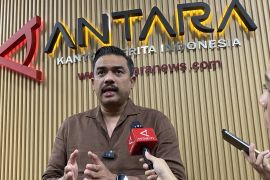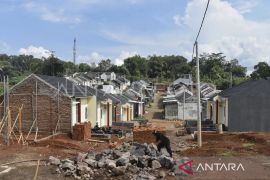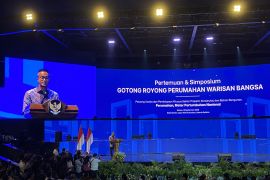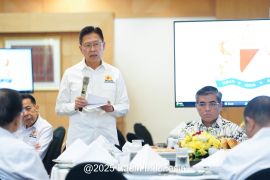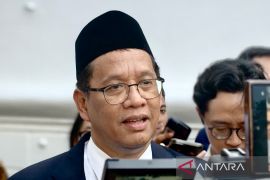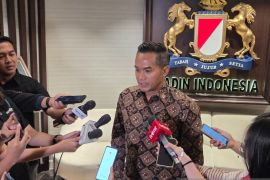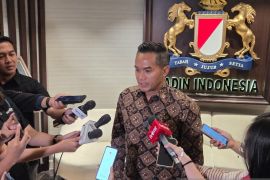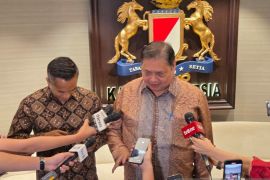Kadin would be ready to be involved in drafting regulations if invited by the government.Jakarta (ANTARA News) - The influential Indonesian Chamber of Commerce and Industry (Kadin) asked to be involved in drafting regulations by the government that the policies to be adopted would be more effective and precise in target.
"The involvement of Kadin in the process of planning is important to better guarantee that the policies could be effectively and efficiently implemented," Kadin General Chairman Suryo Bambang Sulisto said at a national working meeting of the chamber on trade and international relations here on on Monday.
Suryo said Kadin would be ready to be involved in drafting regulations if invited by the government.
He said Kadin offers to be involved as it believes the government has yet to continue the process of structural reform of the countrys economy.
"I think the role of Kadin should not be limited to giving recommendations , but it should take part in the process of planning policies," he said.
Suryo said there are a number of fundamental issues to be questioned including the role of Kadin in the process of economic transformation now being launched by the government.
He queried whether Kadin is merely an object of regulations or could serve as a subject that could take part in the process of planning and evaluating policies and regulations.
He said Kadin is the only business forum in front line position in carrying out the government policy and regulations .
There are many rightly planned policies but stumbling in implementations because of failure in the trick of the trade -- vagaries and hurdles that only the business people know and ever experience .
"In trade and industrial networks, Kadin has organization units in 34 provinces and representatives in various countries and have established international cooperation with counterparts in many other countries. With those assets and qualities, Kadin could be a potential partner for the government," he said.
Unfortunately , Kadin until now could only accept the policies and comply with the regulations as an object instead of as an economic player.
Meanwhile, in international trade, Indonesian, which in the beginning wanted to be focused only on regional economic pact in Asean Economic Community, has been involved in various international trade pacts and agreements.
"Trade in ASEAN has been expanded with the forming of RCEP, which is a pact between ASEAN and as number of other more advanced economies - Australia, China, India, South Korea and New Zealand which form free trade agreements with ASEAN," Suryo said.
In addition,ASEAN has also a free trade pact with China in ACFTA. Lately there was a new pact Trans Pacific Partnership (TPP) grouping 12 countries in the Pacific rim not including Indonesia and China.
"Whether Indonesia would join TPP is still an unanswered question because of the thick global political aspect in it . In addition, Indonesia is already a member of APEC," he said.
Suryo said theoretically those pacts would benefit Indonesia as it would open wider opportunities in international trade for the country, which is seeking to diversify its countries of export destinations .
However, Indonesia is not yet strong enough to take advantage of the opportunities under open competition, he said.
He pointed to the deficit the country always suffers in trade under PTA with China.
Suryo said the experience with China should serve a good lesson in signing new international pacts.
"In the process of making a decision on regional economy, political, legal and social cultural factors are inherent," he said.
Therefore, the business people should be involved in the process of planning that trade and industrial programs could be carried out comprehensively, he added.(*)
Editor: Heru Purwanto
Copyright © ANTARA 2015
